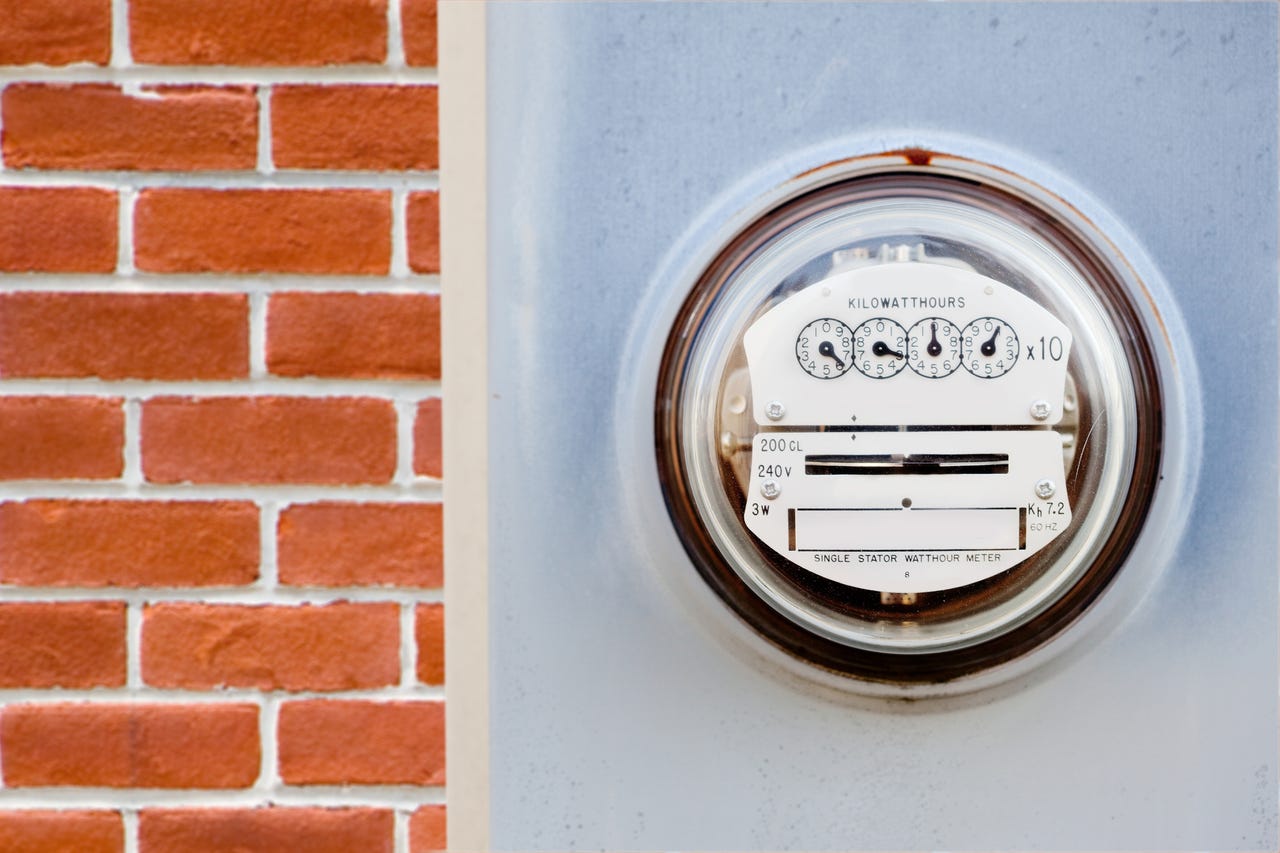'ZDNET Recommends': What exactly does it mean?
ZDNET's recommendations are based on many hours of testing, research, and comparison shopping. We gather data from the best available sources, including vendor and retailer listings as well as other relevant and independent reviews sites. And we pore over customer reviews to find out what matters to real people who already own and use the products and services we’re assessing.
When you click through from our site to a retailer and buy a product or service, we may earn affiliate commissions. This helps support our work, but does not affect what we cover or how, and it does not affect the price you pay. Neither ZDNET nor the author are compensated for these independent reviews. Indeed, we follow strict guidelines that ensure our editorial content is never influenced by advertisers.
ZDNET's editorial team writes on behalf of you, our reader. Our goal is to deliver the most accurate information and the most knowledgeable advice possible in order to help you make smarter buying decisions on tech gear and a wide array of products and services. Our editors thoroughly review and fact-check every article to ensure that our content meets the highest standards. If we have made an error or published misleading information, we will correct or clarify the article. If you see inaccuracies in our content, please report the mistake via this form.
3 easy ways to save on your home office energy bill


More and more people are starting to think about ways to reduce their power consumption, especially if they are working from home. Some want to reduce their bills, while others are feeling the need to reduce their impact on the planet.
Whatever their reasons, it's never a bad idea to reign in your power consumption.
Also: Is a 'water-resistant' power station too good to be true? I tested one to find out
For many years now, I've been testing office equipment, both on the bench and in real-world office environments, and keeping a close eye on power consumption. A positive thing that I've noticed is that, on the whole, devices are getting more and more efficient.
Good work, manufacturers.
But that doesn't mean that there isn't room for improvement. I'm going to offer you a handful of tips to help you claw back dollars from the power company.
Also: I just found the ultimate laptop accessory and you'll have to see it to believe it
Are these tips going to save you hundreds of dollars? That's unlikely, unless you're a huge power user, but not only will you see savings, and be helping to make less of an impact on the planet, you're also going to make your office safer.
1. Get rid of old incandescent bulbs
One of the biggest energy hogs that I find in modern offices is old incandescent bulbs. While most people are good at swapping these old bulbs out for modern LED bulbs in light fixtures, they seem to overlook them in desk lamps.
Check all your bulbs!
And while you're buying LED bulbs, I recommend buying quality bulbs. While all low-energy bulbs look much the same, in my experience the cheaper ones don't last as long as quality ones from name brands like Phillips.
View at Amazon2. Get yourself a power meter
The best way to find out how much power your devices are consuming is to measure it yourself! This way you can check everything, from your laptops and PCs and chargers, to things like lamps, TVs, and your office refrigerator.
Also: What I use to measure device power consumption (and what you should use instead)
Plus, going around testing all your things is a good way to check your equipment for damage or disrepair.
It's always good to know what you have in your office.
View at Amazon3. Get yourself smart plugs
Despite a lot of hype to the contrary, turning off devices is not going to save you a pile of money, but the more gadgets you have, the more you're going to save. And the most convenient, modern way to do this is to use smart plugs that you can control from your smartphone!
Also: 5 things I learned while building my smart home
It's probably only going to be a few dollars a year, but every little bit counts.
But there's another hidden benefit to turning things off when they're not in use -- and that's safety. Leaving things plugged in and powered up 24/7/365 causes premature wear and can present a slight -- but real -- fire hazard.
Switching stuff off is by far the safest option!
View at AmazonBonus: Use your power station to capture free power!
Many people use power stations and solar panels when camping or going off-grid, or as a way to ride out power outages. But if you have a power station setup, remember there's nothing stopping you from using it to capture free solar power to use around your home or office.
Also: This portable battery station can power your home for 2 weeks, and it's $200 off
Even in the UK, where clouds and rain are common, I've been able to capture several hundred dollars' worth of power (our power here is more expensive than it is in the US, but it's still pricey enough to make this a worthwhile endeavor there).
Connect your solar panels up to your power station, point them at the sun, and collect yourself some free power!
View at Amazon